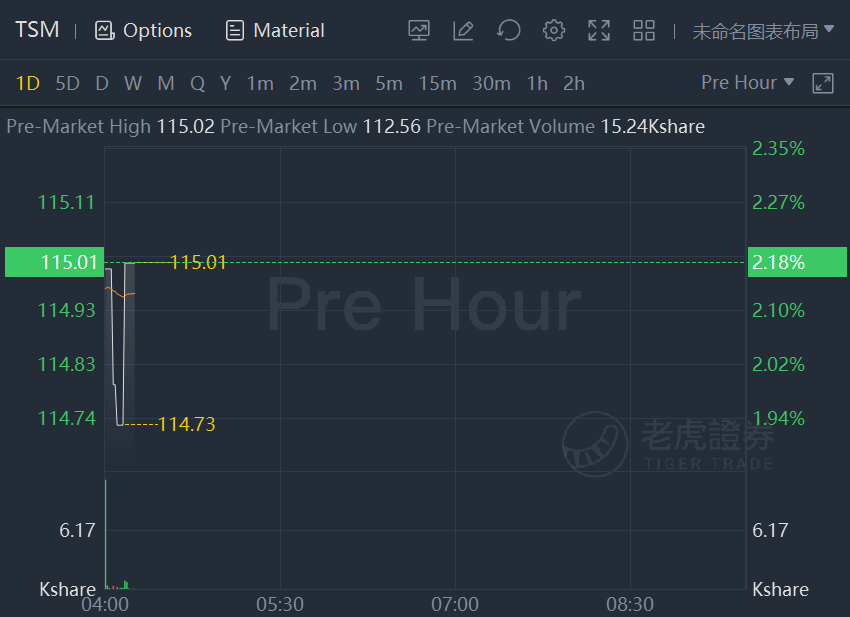TSMC stock surged more than 2% in premarket trading after Japan planning to subsidize TSMC plant.
As Japan looks to subsidize up to half the cost of Taiwan Semiconductor Manufacturing Co.'s new factory in the country, the government faces the challenge of striking the right balance between economic security and fair competition.
The world's leading contract chipmaker announced Thursday that it will build its first-ever Japanese plant, responding to years of calls by the Ministry of Economy, Trade and Industry to set up shop.
The move is expected to strengthen Japan's domestic supply of chips, a key component in everything from smartphones to cars. But large-scale subsidies to TSMC -- part of a greater effort to shore up Japanese manufacturing -- could run afoul of World Trade Organization rules.
"We expect our country's semiconductor industry to become more indispensable and self-reliant, making a major contribution to our economic security," Japanese Prime Minister Fumio Kishida told reporters Thursday night regarding TSMC's announcement. He said support for large private-sector investments, including TSMC's roughly 1 trillion yen ($8.81 billion) project in Japan, will be included in an upcoming economic stimulus package.
At the heart of this push is a planned framework to support manufacturers with strong production and technological capabilities that pose no security concerns. Participating companies will be required to prioritize Japanese shipments in exchange for a subsidy through the New Energy and Industrial Technology Development Organization, which they will need to repay should they exit Japan or otherwise fail to hold up their end of the bargain.
TSMC's planned factory in Kumamoto Prefecture is expected to become the first beneficiary of this framework. Kishida looks to include the subsidy in a supplementary budget to be compiled after the Oct. 31 lower house election and to craft needed legislation to officially launch the framework.



